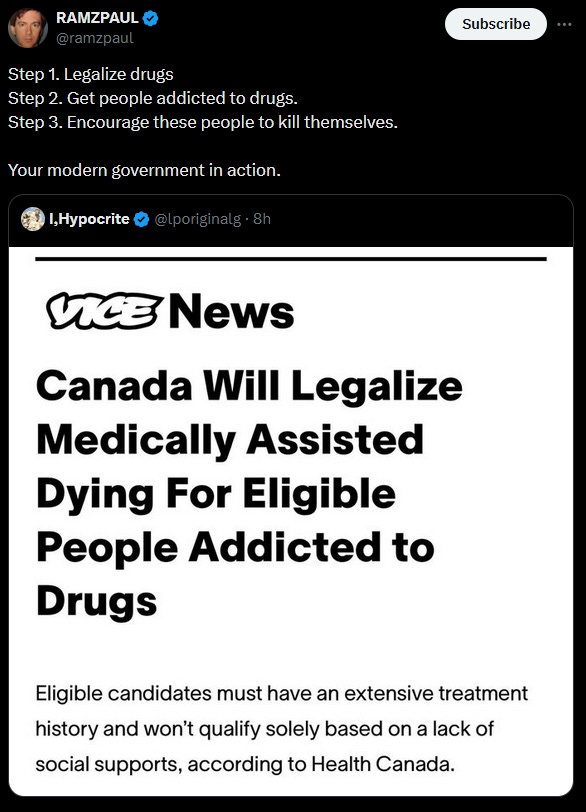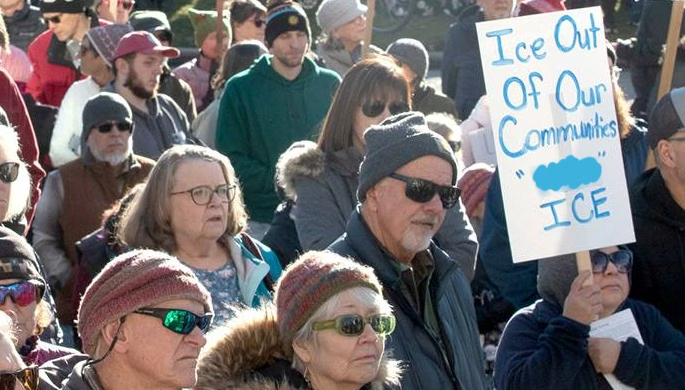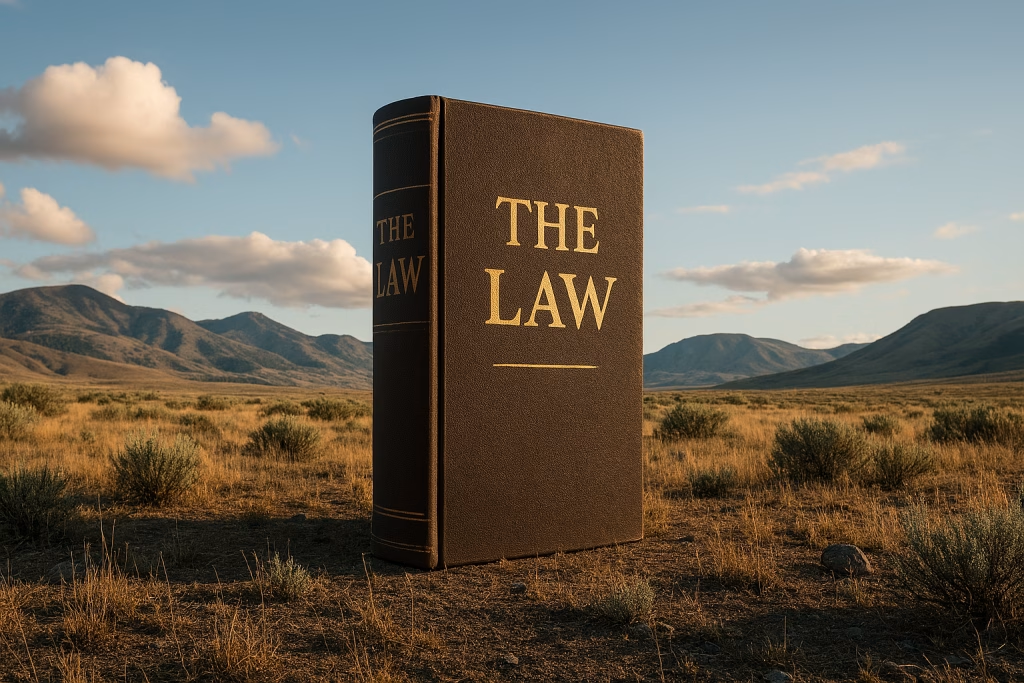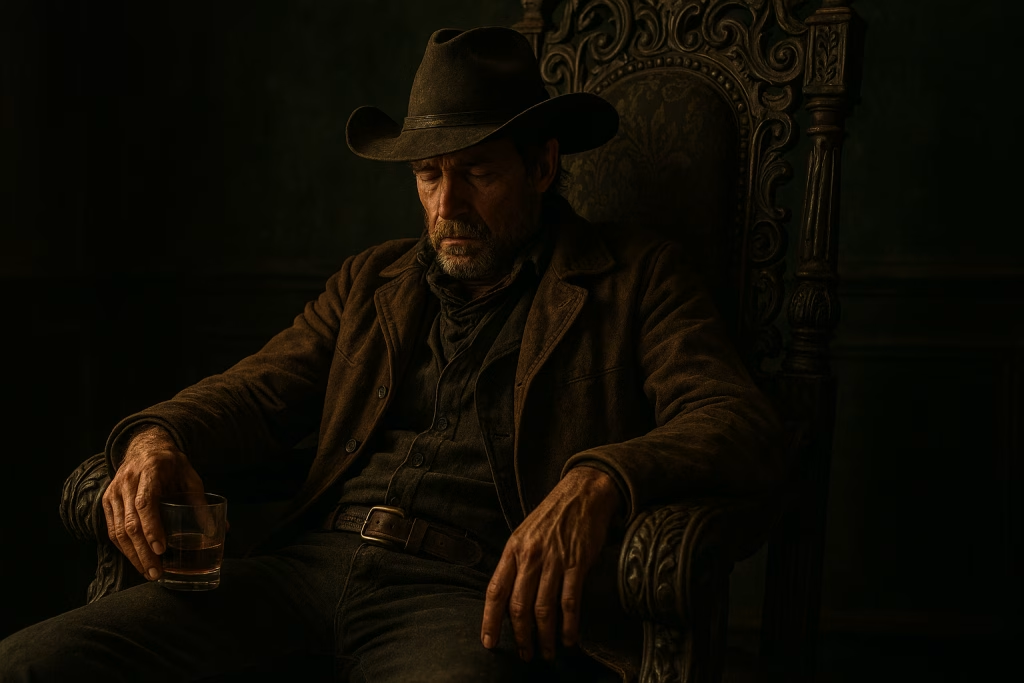Americans used to drink a lot of alcohol. According to a bar tab from 1787, George Washington hosted a party to celebrate the signing of the Constitution with:
- 54 bottles of Madeira wine
- 60 bottles of claret
- 22 bottles of porter
- 12 bottles of beer
- 8 bottles of hard cider
- 8 bottles of colonial whiskey
- 7 large bowls of spiked punch
According to one study, colonial Americans drank twice as much on average as we do today. The detrimental effects of excess alcohol consumption caused preachers to denounce it from the pulpit and women formed temperance unions to lobby for laws against drinking. The 18th amendment to the Constitution, prohibiting the sale or manufacture of alcohol, was ratified in 1919.
Despite repealing the amendment in 1933, many states retained strict laws regarding the sale of alcohol. Some southern states long had “blue laws” on the books, prohibiting selling alcohol on Sundays. Idaho still requires liquor to be sold by government-run stores.
We have been debating issues of vice since the dawn of time. Most Christian conservatives agree that porn is wrong, while many also believe gambling should not be allowed in society either. The Bible condemns drunkenness, and Baptists go a step further and preach that alcohol itself is a sin.
While these issues seem to belong in the religious domain, their effect on society means that the government has long taken a compelling interest in regulating vice. Alcoholism has the potential to not only harm the person drinking, but also his or her family and friends. Other vices such as drug use, gambling, and pornography can also cause social harm, which raises the question of where we must draw the line. Libertarians say the government has no business telling people what they can and cannot put in their own bodies, or what they do on their own time, while others say laws must protect people, even from themselves. Many people in between believe that some substances and activities should be banned while others should be allowed.
Where does a free society draw the line?
The problem with regulating vice is that while all people are equal under the law, not all people are equal in responsibility, wisdom, moderation, temperance, and physical susceptibility to addiction. One man can have a glass of beer each evening and be fine, while another can’t stop with just one. How can the law take everyone into account?
The same goes for every other vice that is regulated or banned at state or federal levels. Some people can handle gambling for fun, while others are seized by compulsion and empty their family’s savings accounts. Smoking has been an American tradition since the beginning, and it has caused many health problems along the way. However, I know nonagenarians who have smoked all their lives and are basically fine.
Some people can handle the occasional joint of marijuana, while others become addicted and lose all drive and ambition. I even know of some who can handle much stronger drugs in very small amounts, though I’m sure that’s a tiny percentage of that population.
I don’t believe there is any moral reason to allow pornography, but once we as a society redefined morality to to be based entirely on “consent” we lost any standing to argue against it. Longstanding laws against prostitution seem to be on their last legs because of this perspective — so long as nobody is hurt and everyone consents, what right does the government have to say no?
Right now we draw the line by banning marijuana and other drugs while keeping alcohol legal, but regulated. Tobacco is legal for adults, however it is highly discouraged, with warning labels and billboards telling people to quit. Porn is legal for adults in Idaho, while prostitution remains banned. (Ironically, that means it’s illegal to pay for sex, but legal to pay two people to have sex on camera. Strange!)
The government sends mixed messages with regards to gambling, banning it everywhere except for Indian reservations, but also operating a state sponsored lottery. (It helps fund education, of course, so it’s fine that it’s a tax on poor people who are sold on making their dreams come true.)

The regulation of vice creates perverse incentives with regard to policy. In 2011, my old home state of Washington considered a citizen’s initiative to abolish state-run liquor stores and allow grocery stores to sell alcoholic drinks. Opposition to the initiative came from two distinct sides: Anti-alcohol groups concerned that this would lead to more underage drinking, and beer companies worried about losing shelf space. The initiative passed, and now Washingtonians can buy vodka at Albertsons. Last time I checked, the world has not come to an end.
This odd pairing can be called a “Baptists and bootleggers” coalition, after the two opposite groups which opposed repealing Prohibition in 1933. You can see the same dynamic today — cigarette companies were behind early attempts to ban vaping, since it cut into their market share. By now I assume that most cigarette companies are highly invested in vaping businesses to offset that shift in demand.
There has been a nationwide effort the past few decades to legalize marijuana, but what I found surprising is that it has only been illegal at the federal level since 1970. Cannabis was federally regulated since 1937 and many states categorized as a poison prior to that. In 2005, the Supreme Court ruled in Gonzales v. Raichthat the federal government could prosecute someone for growing marijuana for his or her own use. Justice John Paul Stevens wrote for the majority and explained that the very existence of marijuana meant that it could be traded or sold, which meant the government had a mandate under existing law to shut it down. On the other hand, Justice Clarence Thomas wrote a dissent in which he said that since the substance had not been bought, sold, or crossed state lines, the federal government had no right to interfere.
Libertarians point to the fact that people still consumed some alcohol after the 18th amendment was ratified to say that prohibition doesn’t work. However, prohibitionists rightly point out that consumption radically decreased. No law will stop 100% of any harmful activity, but the lack of the law will surely allow it to increase. Individuals continue to use recreational drugs such as marijuana despite their illegal status, and in response the government spends a tremendous amount of time and money fighting a war on drugs. Many libertarians and even conservatives have come to the conclusion that it’s not worth it, especially since the war appears to have failed. Drugs are more widespread than ever, and when laced with fentanyl they are incredibly deadly.
As I was writing this essay I came across a tweet that summed up the sad position we are in as a society:

Pornography and prostitution have also created strange bedfellows. I’m old enough to remember when feminists were opposed to porn because of the way in which it objectified women. Now, most feminists support it, whether in the form of cam girls on OnlyFans or outright sex work, claiming that these activities actually empower women.
Michael Knowles of the Daily Wire recently exposed how porn sites not only take advantage of both men and women (and sometimes even underage children!) but also how they are deliberately pushing the envelope when it comes to more deviant forms of sexuality. Idaho recently passed a law requiring age verification for porn sites, which is a good first step, but enforcing restrictions on the internet is incredibly difficult. As porn has become more widespread, it has twisted our view of what is acceptable in polite society to the point where people argue that children’s books showing cartoon images of sex are not only acceptable, but desirable to have on our library shelves.
Would our Founding Fathers have approved of their 1st amendment being used to defend such things?
It’s ironic that even as our society becomes more libertine in some areas, like pornography, it is becoming more Puritan in others. I used to joke that by the time marijuana was legalized, cigarettes would be banned, and that outcome looks increasingly likely.
If you’re looking for simple conclusions in this essay, I apologize. I don’t have the answers, rather I am simply attempting to lay out the questions:
- Should the government regulate vice?
- If so, where do we draw the line?
- How do we account peoples’ different abilities to handle various vices?
- How many resources should we devote to prosecuting illegal vice?
- Should our state government be directly involved in promoting vice, such as with liquor stores and a state lottery?
Those who say “yes” to the first question come from two perspectives: moral and utilitarian. Conservative Christians can say that drug use, gambling, and pornography are immoral and therefore should be banned. This provokes the response that we shouldn’t legislate based our own moral perspective. After all, they say, why should 21st century Americans be governed by the words of a 2,000 year old holy book? State governments used to ban a lot of immoral things, but in our modern wisdom even conservatives recoil from that idea.
The second perspective looks at the harm these activities cause. Drugs can cause overdoses, mess up your brain, and drive one into a downward spiral of addiction, despair, and even crime. This not only harms the user, but his or her friends, family members, and larger community. Gambling can cause men and women to throw away money that should be used to pay the mortgage or put food on the table. Pornography can seriously mess people up, giving them a warped view of proper relations between men and women.
The response to this perspective is less clear. Some still maintain that these are victimless crimes and that the government has no right to interfere in what you do with your own life. Yet the impact on society is undeniable. Can the government require you to wear a seatbelt? What about the children in your car?
I’ve been mulling over this idea after watching a video on the rise of sports betting in America a few months ago. Once gambling in sports became democratized via smartphones, it quickly devoured professional athletics. Is that a good thing? Should government step in to stop it? Gambling remains illegal in Idaho, but it’s all but unenforceable at this point, isn’t it?
One man’s harmless pastime is another’s deadly vice. Should the government ban the vice to save all men? If we accept that the government should ban illicit drugs, should we also “unrepeal” the 18th amendment and bring back the prohibition on alcohol? What about caffeine? Should the Earl Grey tea I’ve been drinking as I write this article be off limits? (I’m sure some of my LDS readers are nodding enthusiastically!)
I used to drink far too much caffeine and found myself with heart palpitations a few years ago. I went cold turkey for a year and then slowly reintroduced a few cups a day, making sure to not go overboard again. Should the government have stepped in to save me from myself?
Again, I don’t have many answers here, but these are the questions we must confront as we debate policy for our state. Those who favor legalizing drugs and gambling have to admit that those activities can ruin lives, but those who oppose legalization must also admit that there are many people who can handle them without a problem. This is ultimately a problem of scale, as we require one set of laws that apply equally to every adult citizen in our society.
Last session, the Legislature considered a bill to ban advertising of illegal products. It was defeated in the Senate as left wing Democrats joined with conservative Republicans over a variety of concerns. One issue that was raised during that debate is that there are no walls online. As with sports betting, banning online communication about illegal products is essentially unenforceable. Does that mean we stop trying?
Prohibition proved that the law can set boundaries that keep a majority of people from vice, but no law will ever be perfect. The answer is going to have to come from within — from communities, churches, families, and individuals making the choice to govern themselves. Because that’s really what this debate is all about: can men truly govern themselves? Can we take responsibility for our own choices, and the consequences that follow?
Five centuries ago, King Henry VIII pondered that very question. He wrote a folk song about how to occupy the idle hands of young men who would otherwise be tempted toward vice:
Pastime with good company
I love and shall until I die
grudge who lust but none deny
so God be pleased, thus live will I
For my pastance, hunt sing and dance, my heart is set
all goodly sport, for my comfort, who shall me let
Youth must have some dalliance
of good or ill some pastance
Company methinks then best
all thoughts and fancies to digest
For idleness is chief mistress of vices all
then who can say but mirth and play is best of all
Company with honest
is virtue, vices to flee
Company is good or ill
but every man has his free will
The best ensue, the worst eschew, my mind shall be
virtue to use, vice to refuse, thus shall I use me.
Even the “moral and religious people” who wrote the Constitution struggled with vice, and we will continue to do so for the rest of time. George Washington could hold his liquor, and if any of his fellows couldn’t, they were dealt with. Perhaps there is a way to punish the consequences of abusing drugs, alcohol, and other vices without restricting things that responsible people can handle in moderation. Or maybe that’s simply not possible. No matter what, this will remain a complex issue with no easy answers. As we continue to debate the best policies for our state, let those on all sides give each other grace.
Paid subscribers, click over to Substack for a bonus note. Not subscribed? Consider doing that today — free subscribers get daily posts in their inbox, while paid subscribers get extra perks and support my ongoing work.
About Brian Almon
Brian Almon is the Editor of the Gem State Chronicle. He also serves as Chairman of the District 14 Republican Party and is a trustee of the Eagle Public Library Board. He lives with his wife and five children in Eagle.













